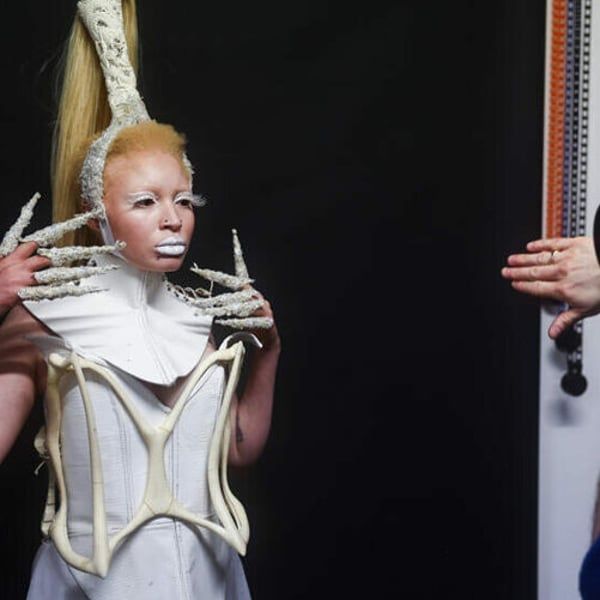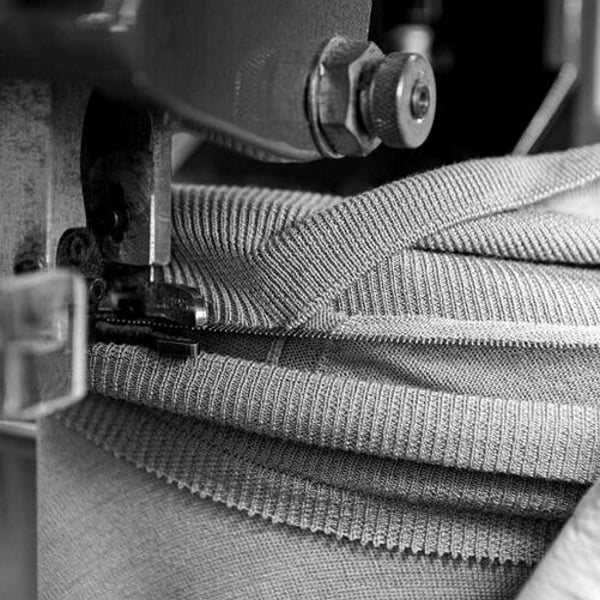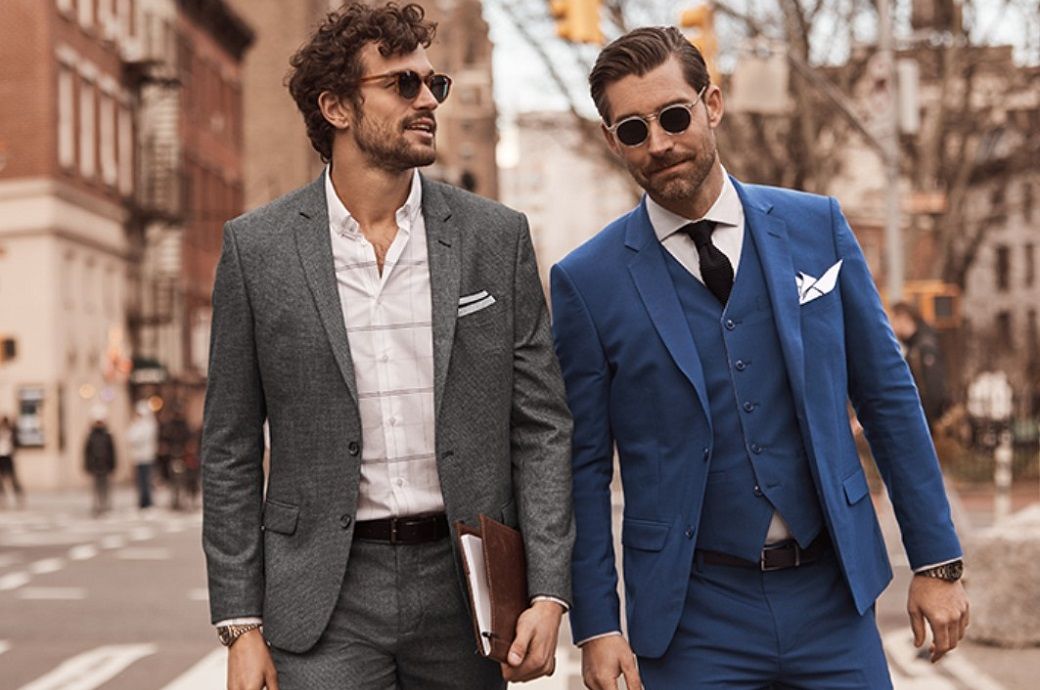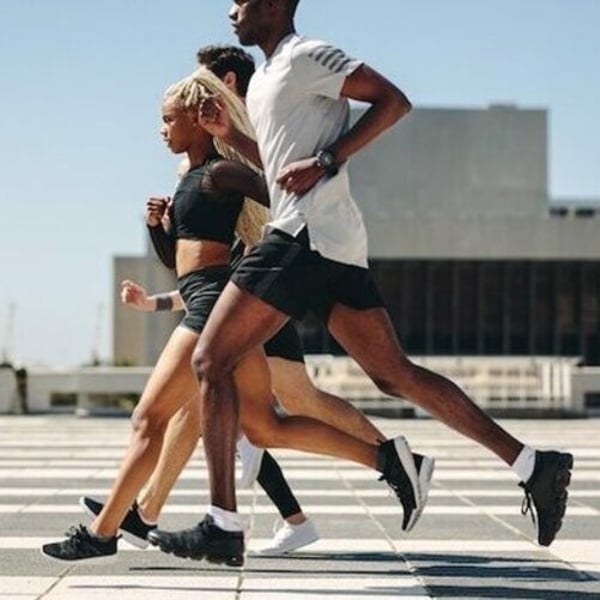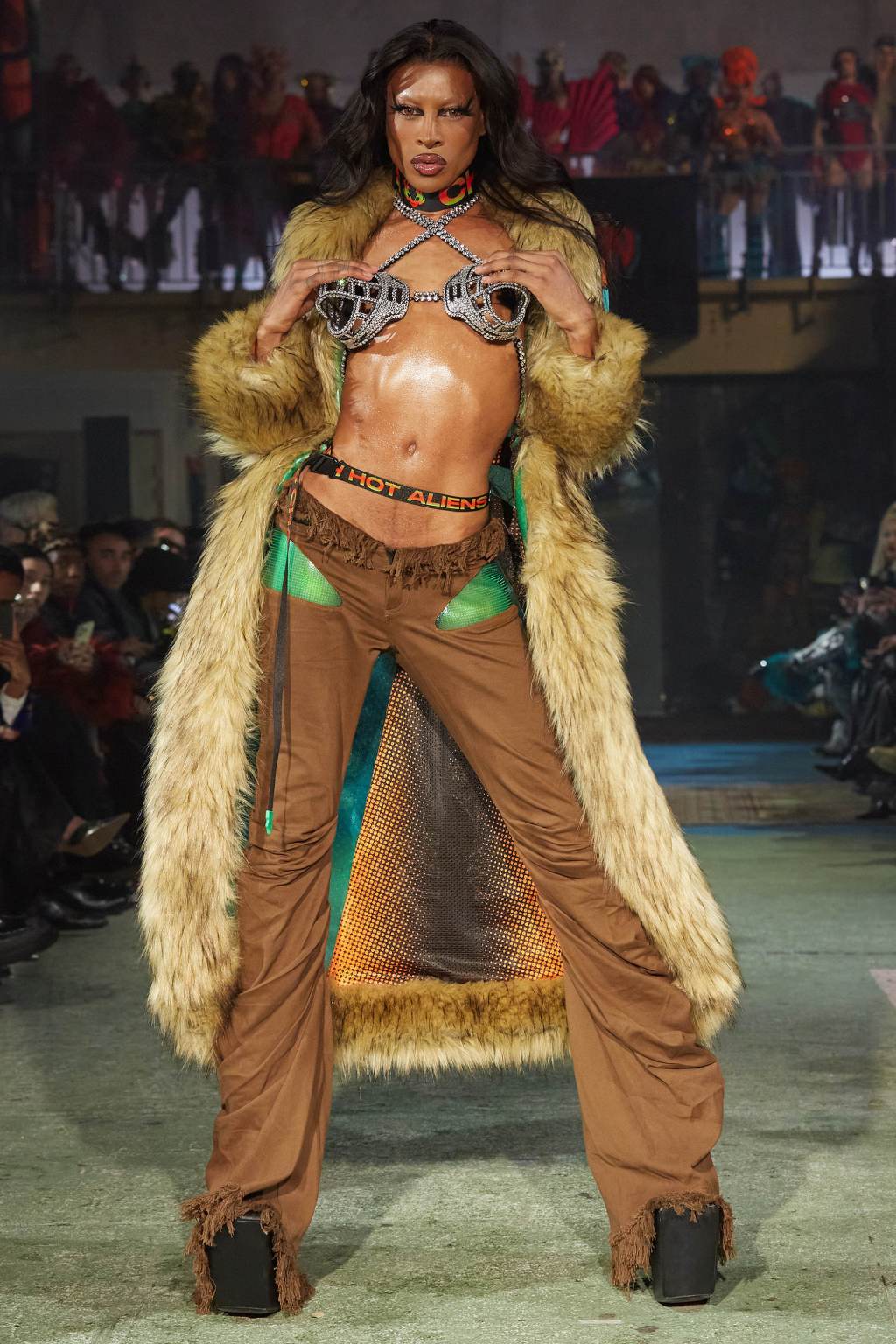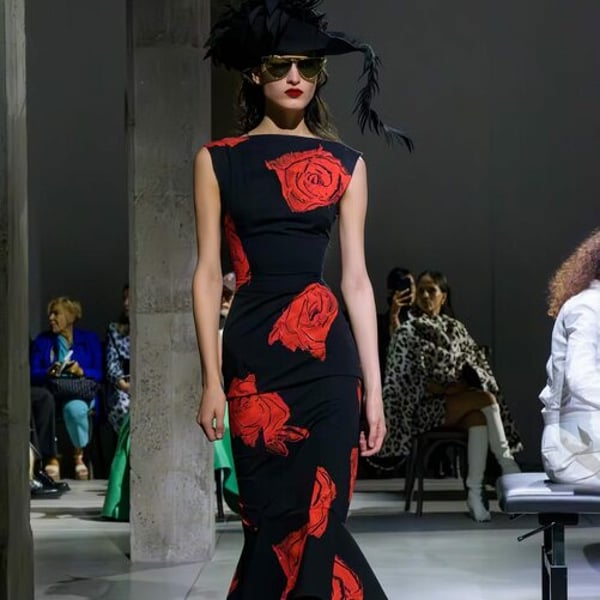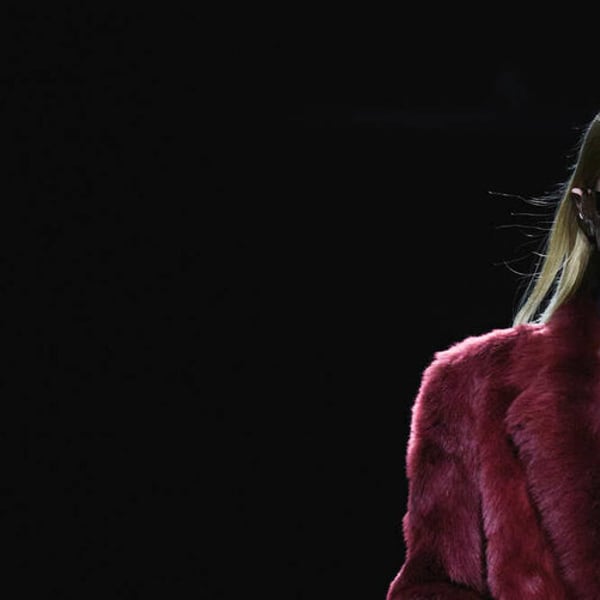By
AFP
Published
February 18, 2024
Breaking the rigid conventions of the fashion world, British modeling agency Zebedee has been filling the catwalks with a diverse range of models for seven years.
On the catwalks at London Fashion Week, which began on Friday, it is now common to see models of all ethnic backgrounds, and minorities now make up about half of the shows, up from 14 percent just ago. 10 years, according to a report published in January.
Zebedee also works to find greater exposure for models with visible disabilities or transgender.
“It's still incredibly rare to see someone with any disability trait. London, Paris, Milan, New York, it's still very, very rare,” Zebedee co-founder Laura Winson told AFP.
Winson, a former social worker who often worked with disabled people, founded the agency in 2017 with her sister-in-law Zoe Proctor, a former model.
“We launched it because we felt there was a lack of representation, fashion and media,” she explained.
Zebedee works like any other agency, except that all of their models have a “visible difference.”
Some are in wheelchairs, have limb atrophy or albinism, while others have Down syndrome.
About 15 percent of the world's population, or one billion people, live with some form of disability, according to UN figures.
“However, the figures show that perhaps around one percent of people featured in advertising have a disability,” and representation on the catwalk is even worse, Winson said.
Relentless campaign
Two Zebedee models will walk at London Fashion Week: Vic, a young woman in a wheelchair who will walk for Gasanova, and Oscar, a transgender model with autism, who will walk for Helen Kirkum.
It's a reward for Winson's years of relentless campaigning to convince designers and brands of the benefits of employing a diverse roster of models.
“The first thing is, of course, that it is morally the right thing to do: everyone should have equal opportunities,” he explained.
“Secondly, you can develop some amazing creative campaigns. We know our models can get the job done.”
“And then the third reason, and the one that interests most clients, is the financial aspect,” because people with disabilities represent an important market, he added.
For Zebedee, success really began in 2020 when Gucci cast one of its models, Ellie Goldstein, who has Down syndrome.
Since then, Goldstein has appeared on the cover of British Vogue, and Zebedee has also gone from strength to strength, representing over a thousand models in Europe, the United States and Australia.
'Genuine change is happening'
Junior B, a Briton who uses non-binary pronouns they, began working with the agency in 2020. Junior B, who suffers from Ehlers-Danlos syndrome, often uses a wheelchair.
“Before I became a model, I didn't think any job was possible for someone in my position,” Junior B told AFP.
“I think there is definitely genuine change happening,” particularly among small businesses “or those where young people are in charge,” the model added.
“Some brands have really gotten the message.”
Despite the victories, Winson complained that progress remains too slow.
“Everyone knows who we are, everyone knows we exist. They can hire disabled models if they want… but for some reason, that doesn't happen,” he complained.
“So I'm getting to the point where somehow brands need to be held accountable,” he added.
Caroline Rush, director of the British Fashion Council, organizer of London Fashion Week, said: “In terms of size inclusion, we have been the number one fashion capital for a few seasons now.”
“I think London's catwalks are very different to many other fashion capitals. They feel like they are a real reflection of London society,” he added.
In London, a city known for its young and innovative talent, designers like Sinead O'Dwyer are known for putting on inclusive shows.
However, Rush acknowledged that “there is still a lot of work to be done behind the scenes.”
Copyright © 2024 AFP. All rights reserved. All information displayed in this section (submissions, photographs, logos) are protected by intellectual property rights owned by Agence France-Presse. Consequently, you may not copy, reproduce, modify, transmit, publish, display or commercially exploit in any way the content of this section without the prior written consent of Agence France-Presses.

